×
![]()
neos-pseudoapplication-87
| Type: | Model Group |
| Submitter: | NEOS Server Submission |
| Description: | Imported from the MIPLIB2010 submissions. |
Parent Model Group (neos-pseudoapplication-87)
All other model groups below were be compared against this "query" model group.  |
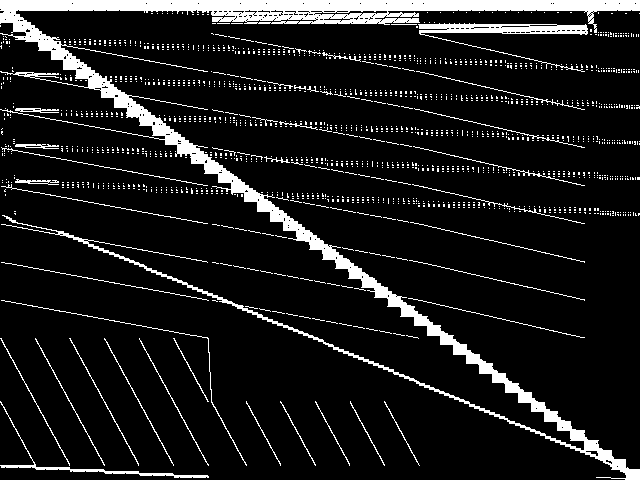 |
|
Model Group Composite (MGC) image
Composite of the decomposed CCM images for every instance in the query model group.
|
Component Instances (Decomposed)
These are the decomposed CCM images for each instance in the query model group.  |
These are component instance images.
|
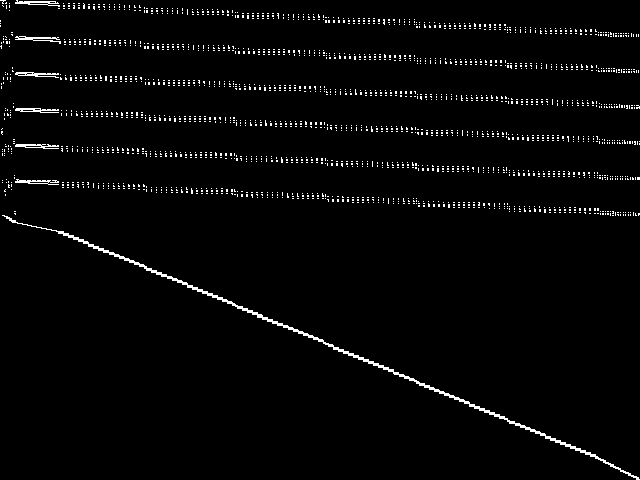 |
 |
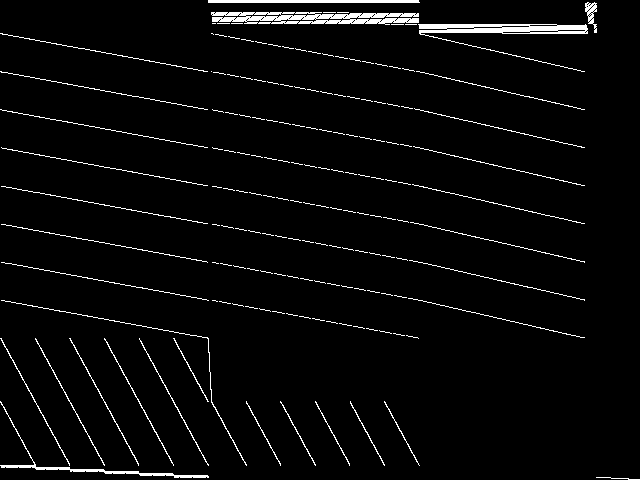 |
 |
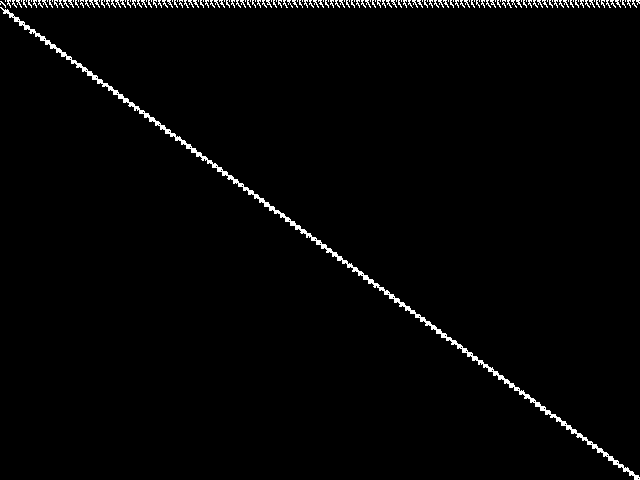 |
| Name | neos-3437289-erdre | neos-826224 | neos-826650 | neos-4531126-vouga | neos-827175 |
MIC Top 5 Model Groups
These are the 5 MGC images that are most similar to the MGC image for the query model group, according to the ISS metric.  |
FIXME - These are model group composite images.
|
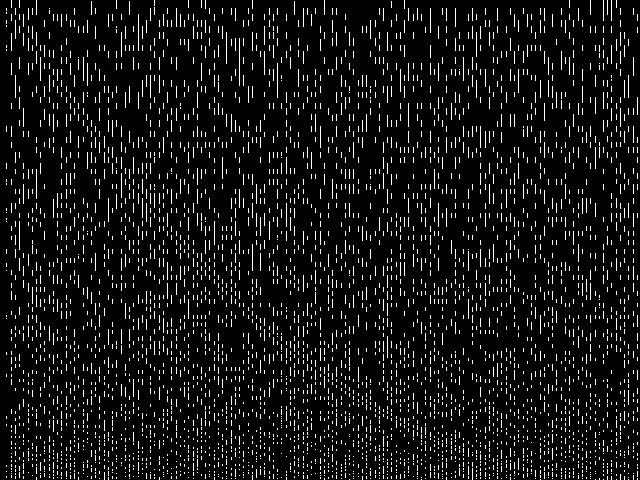 |
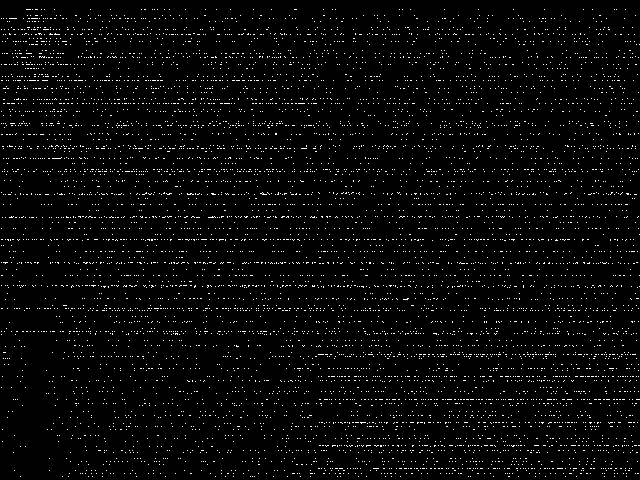 |
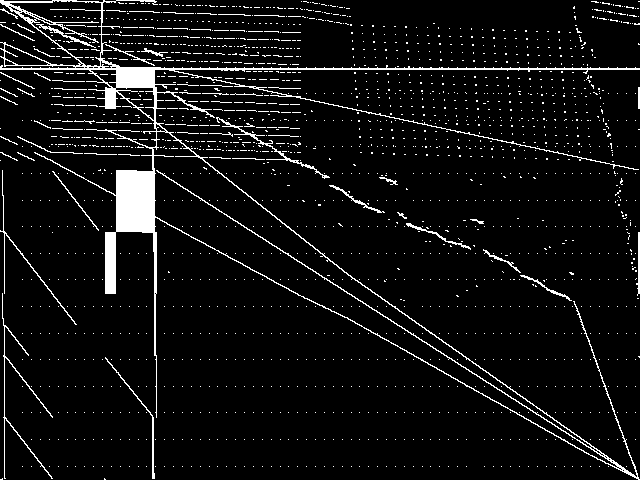 |
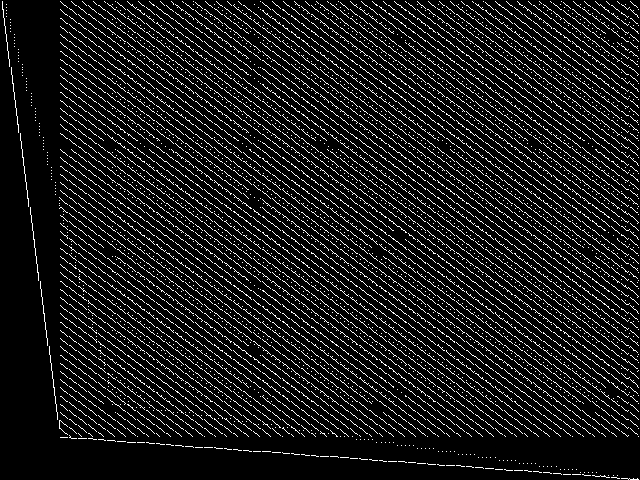 |
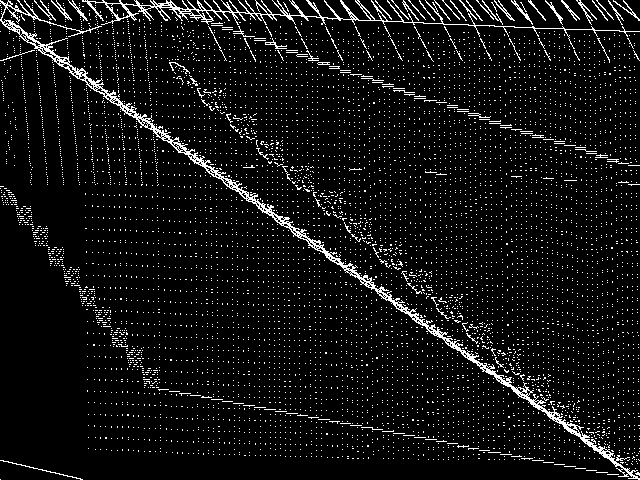 |
| Name | 2hopcds | f2gap | pb- | assign1 | network_design | |
|
Rank / ISS
The image-based structural similarity (ISS) metric measures the Euclidean distance between the image-based feature vectors for the query model group and all other model groups. A smaller ISS value indicates greater similarity.
|
1 / 1.456 | 2 / 1.459 | 3 / 1.550 | 4 / 1.559 | 5 / 1.574 |
Model Group Summary
The table below contains summary information for neos-pseudoapplication-87, and for the five most similar model groups to neos-pseudoapplication-87 according to the MIC.
| MODEL GROUP | SUBMITTER | DESCRIPTION | ISS | RANK | |
|---|---|---|---|---|---|
| Parent Model Group | neos-pseudoapplication-87 | NEOS Server Submission | Imported from the MIPLIB2010 submissions. | 0.000000 | - |
| MIC Top 5 | 2hopcds | Austin Buchanan | A problem in wireless networks. The objective is to select a minimum number of relay nodes so that any two nonadjacent nodes can communicate by way of the chosen relay nodes in at most s hops, where s is a problem input. The 2-hop case of this problem can be formulated as a set cover/hitting set problem with n binary variables and n^2 constraints: _{ k N(i) N(j) } x_k 1 for nonadjacent node pairs {i,j}. Despite the formulation's simplicity, models with as few as 120 variables are left unsolved after one hour using Gurobi 7.0.2. | 1.456035 | 1 |
| f2gap | Salim Haddadi | Restrictions of well-known hard generalized assignment problem models (D10400,D20400,D40400,D15900,D30900,D60900,D201600,D401600,D801600) | 1.459458 | 2 | |
| pb- | Gleb Belov | These are the models from MiniZinc Challenges 2012-2016 (see www.minizinc.org), compiled for MIP WITH INDICATOR CONSTRAINTS using the develop branch of MiniZinc and CPLEX 12.7.1 on 30 April 2017. Thus, these models can only be handled by solvers accepting indicator constraints. For models compiled with big-M/domain decomposition only, see my previous submission to MIPLIB.To recompile, create a directory MODELS, a list lst12_16.txt of the models with full paths to mzn/dzn files of each model per line, and say$> ~/install/libmzn/tests/benchmarking/mzn-test.py -l ../lst12_16.txt -slvPrf MZN-CPLEX -debug 1 -addOption "-timeout 3 -D fIndConstr=true -D fMIPdomains=false" -useJoinedName "-writeModel MODELS_IND/%s.mps" Alternatively, you can compile individual model as follows: $> mzn-cplex -v -s -G linear -output-time ../challenge_2012_2016/mznc2016_probs/zephyrus/zephyrus.mzn ../challenge_2012_2016/mznc2016_p/zephyrus/14__8__6__3.dzn -a -timeout 3 -D fIndConstr=true -D fMIPdomains=false -writeModel MODELS_IND/challenge_2012_2016mznc2016_probszephyruszephyrusmzn-challenge_2012_2016mznc2016_probszephyrus14__8__6__3dzn.mps | 1.549996 | 3 | |
| assign1 | Robert Fourer | Imported from the MIPLIB2010 submissions. | 1.559042 | 4 | |
| network_design | MIPLIB submission pool | Imported from the MIPLIB2010 submissions. | 1.574440 | 5 |

